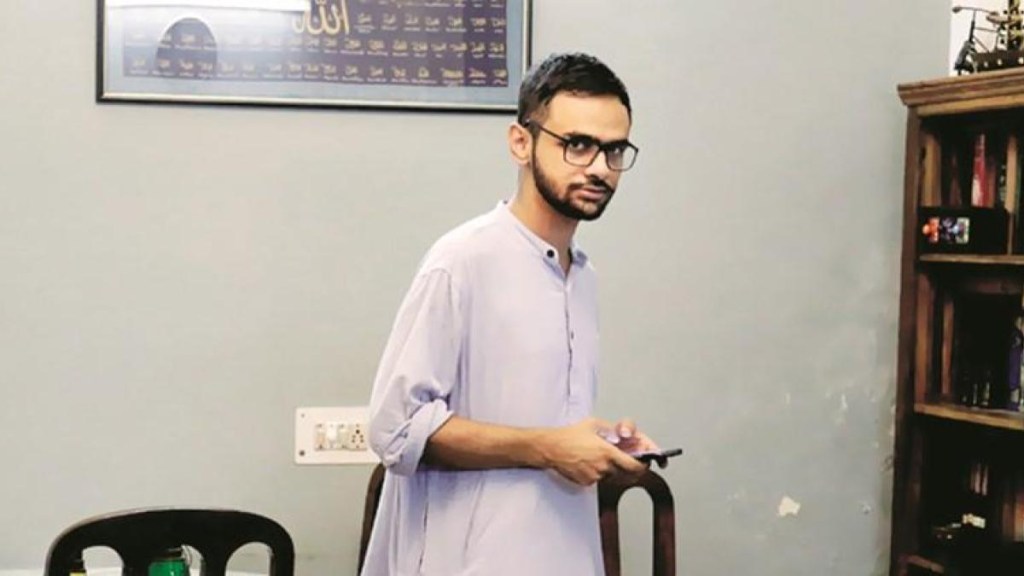Activist and former JNU scholar Umar Khalid has approached the Supreme Court challenging the Delhi High Court’s order that rejected his bail plea. His bail plea was filed in a case linked to the alleged conspiracy behind the February 2020 riots in Delhi.
The high court dismissed bail pleas of nine accused, including Khalid, Sharjeel Imam, Mohd Saleem Khan, Shifa Ur Rehman, Athar Khan, Meeran Haider, Abdul Khalid Saifi, Gulfisha Fatima and Shadab Ahmed on September 2. Another accused, Tasleem Ahmed, was denied bail by a different bench the same day.
What did the Delhi High Court say?
The high court said while the Constitution guarantees the right to protest and make speeches under Article 19(1)(a), such rights are “not absolute” and subject to “reasonable restrictions”. It added that “conspiratorial” violence in the garb of protests could not be tolerated.
The bench observed that permitting unfettered rights to protest would “damage the constitutional framework and impinge upon law and order”. Last week, Imam and Gulfisha Fatima also moved the Supreme Court against the ruling.
What charges are Khalid and others facing?
Khalid and the others are facing charges under the Unlawful Activities (Prevention) Act (UAPA) and provisions of the IPC for allegedly being the “masterminds” of the 2020 Delhi riots. As many as 53 people were killed and over 700 were injured in the riots. The violence erupted amid protests against the Citizenship Amendment Act (CAA) and the National Register of Citizens (NRC).
The accused, who have consistently denied the charges, have been in custody since 2020. They first sought relief in the trial court, which turned down their bail pleas, before approaching the high court.

